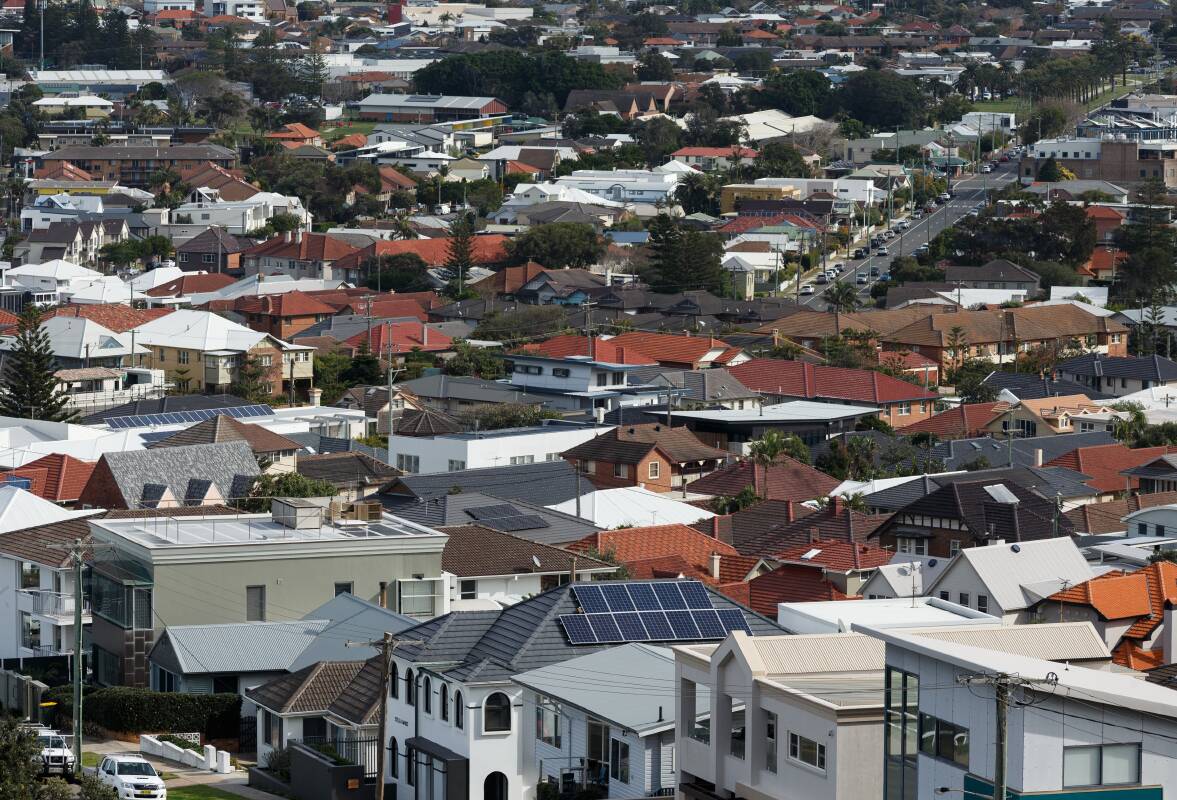
NSW's independent pricing regulator has recommended the state government investigate an overhaul of local council financing which could include basing annual rates on the improved value of land.
The NSW Independent Pricing and Regulatory Tribunal has published a draft report proposing changes to the way it sets rate peg maximums each year.
It says a broader independent review of the council financing model could consider basing rates on capital improved valuations instead of land valuations.
"We think perhaps it might be something that could be explored if government wanted to have an independent investigation into the financial model," IPART chair Carmel Donnelly told the Newcastle Herald on Monday.
"From what people have put to us, it might help with equity."
The draft report suggests setting rate pegs for three types of council, rural, regional and metropolitan, instead of a one-size-fits-all model.
It also proposes simplifying its council costs index to a measure comprising staff, asset and other operating costs then applying "forward-looking indicators" to estimate changes.
The report suggests council-specific adjustments for the rapidly rising Emergency Services Levy and other adjustments for managing "external factors" such as climate change and cyber security.
It also recommends retaining rate peg adjustments based on population growth or decline.
The rate peg represents the maximum percentage by which councils can increase their rate income every year.
The report proposes implementing the changes in stages in IPART's 2024-25 and 2025-26 rate peg determinations.
"Our review has shown the current rate peg methodology can be improved to better reflect changes in council costs to maintain services, while continuing to help ratepayers by limiting increases in total rates revenue to what is needed," Ms Donnelly said.
"The rate peg cannot adequately address the efficiency or sustainability of the cost base of councils."
City of Newcastle wrote in its submission to the IPART review that the rate peg "increases financial hardship for councils and their communities as it does not permit councils to meet the risings costs of serving their communities".
It said the two-year "lag" between calculating and implementing the rate peg was a "fundamental flaw".
The council also said the cost index used to set the rate peg failed to account for structural shifts and legislative changes in a timely manner.
City of Newcastle chief executive Jeremy Bath said on Monday that one third of the council's current annual rate increase would be spent on a rise in the Emergency Services Levy.
Lake Macquarie City Council submitted that the peg had prevented the rate increases required to maintain basic levels of service and financial sustainability.
"At present, the gap between income and expenditure is widening to the extent that many councils, including ours, are running operating losses and general fund deficits in order to deliver the services their communities need and expect," the council's submission reads.
Many councils said the rate peg had failed to account for high inflation.
IPART set the rate peg for 2022-23 in December 2021 at between 0.7 per cent and 5 per cent, depending on population growth in each area.
Ms Donnelly said subsequent high inflation had prompted the review of how the peg is calculated, though the Consumer Price Index measure did not necessarily reflect changes in council costs.
"We propose more forward-looking measures of councils' base costs, and our changes also better capture the diversity of councils across the state," Ms Donnelly said.
"The tribunal also questions whether the large special variation applications lodged in February and March indicate the financial model needs closer investigation, if the only way a council is able to address financial sustainability is through seeking substantial rates revenue increases."
Submissions on the draft report close on July 4.







